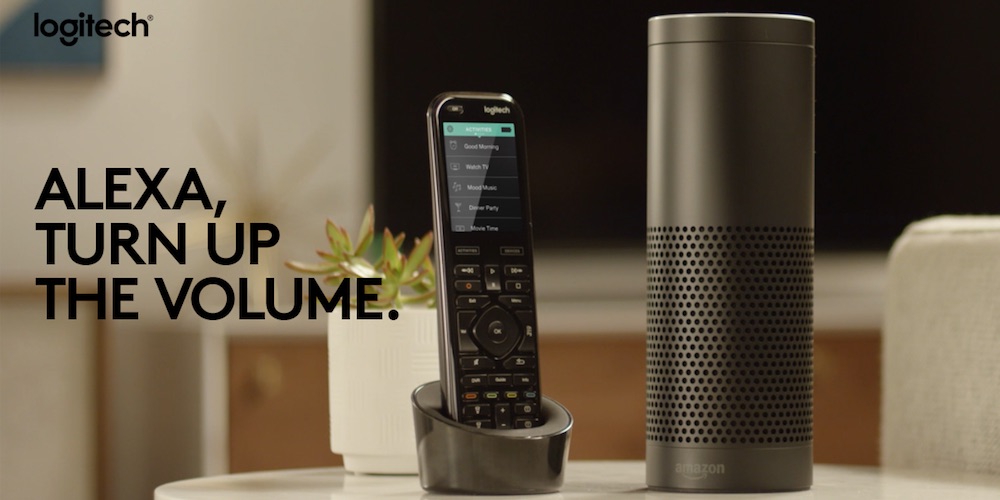Smart speakers (Amazon Echo, Google Home, etc.) have incredible Internet of Things (IoT) capabilities at their disposal, allowing them to quickly and painlessly become the hub of a smart home – something that connected devices have been trying to do for years (Smart Places for the Rest of Us, March 28, 2016, The Architechnologist). Smart speakers can utilize a tremendous (and constantly growing) library of skills that can be installed on the device, many of which enable smart home functions; including lighting (through a connection to the Philips Hue system), electrical devices (controlling outlets from many companies including iHome, D-Link and many more).
The Harmony – Optimized for Smart Home skill for both the Amazon Echo (aka Alexa) and Google Home allows users to use their voice to control home entertainment systems through a Harmony hub-based remote. This week, the skill for the Amazon Echo family of devices was updated and now allows more natural, simplified commands. Asking an Echo to turn on the TV, tune to a specific channel or change the volume is now as simple as “Alexa, turn on the TV”.
The beauty of our newly enhanced skill is how much more simple it is to control your favorite living room entertainment. This latest integration with Amazon Alexa is a great example of how we continually upgrade our products to ensure they deliver the best experience possible.
— Rory Dooley, Head of Logitech Smart Home
Users do need three different pieces to make the updated skill work: An Amazon Echo (or Echo Dot, Echo Show or Dash Wand), a Harmony remote and the Harmony remote hub (which is not included with some Harmony remote packages). The Harmony Hub can be purchased with or without a Harmony Remote – Amazon Direct Link).
The update has been automatically applied for Amazon Echo users already using the Harmony skill and is available through the Alexa application for installation by new users.
Natural language for voice control of smart home skills is an important step in the continued development of the user experience of Internet of Things. As more devices connect to the IoT and require their own method of control, smart speakers will continue to become a preferred way of interacting with locations that respond to our every spoken desire.
